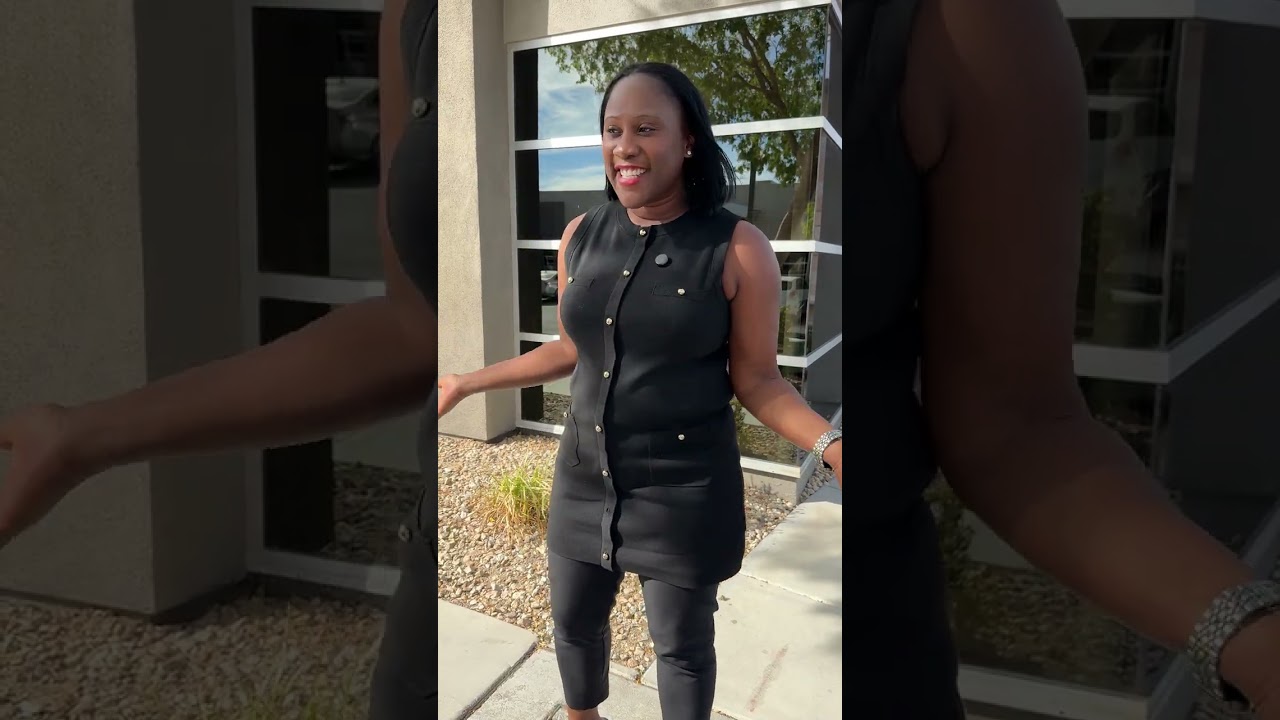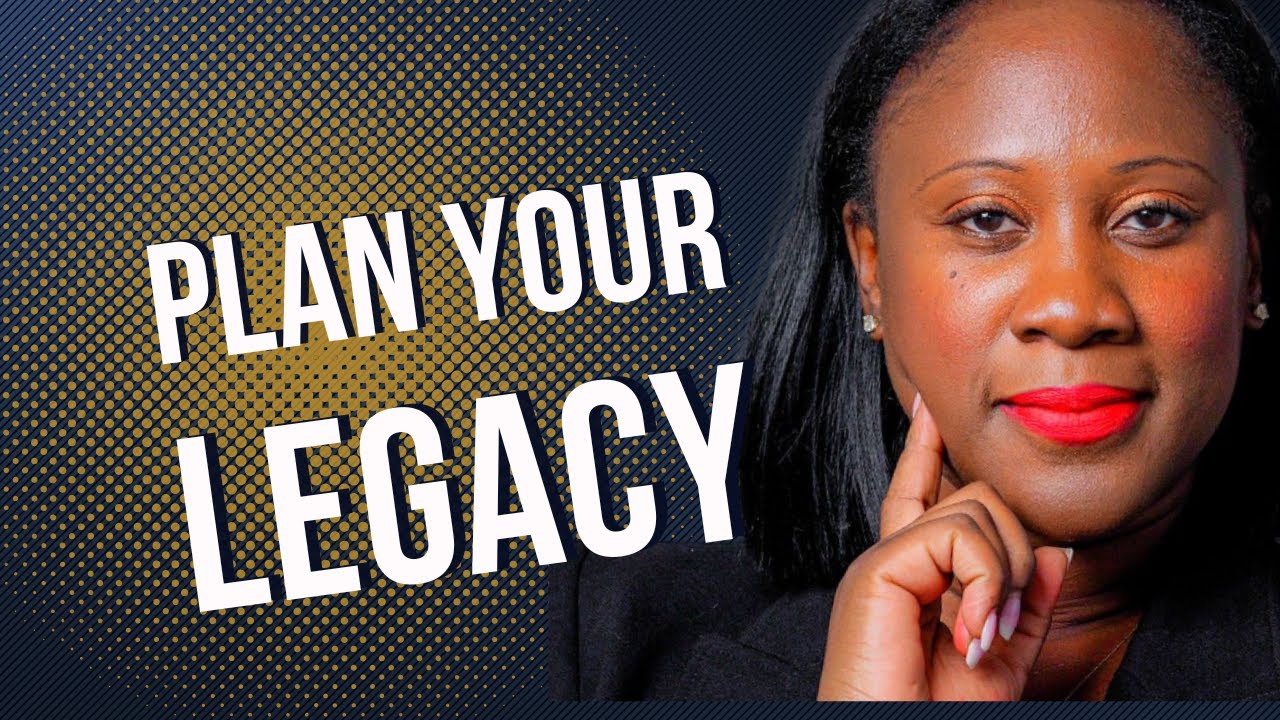Hey there, friends—Matene here! 👋
Last week on my YouTube channel I walked you through the “12 Key Real-Estate Terms Everyone Should Know.” If you missed it, you can catch the replay anytime. (Pro-tip: watch with the closed captions on so you can pause and take notes.)
Below is the blog-style recap. Bookmark it, share it, and lean on it the next time paperwork starts flying your way.
1. Pre-Approval Letter
Think of this as your financial passport. A lender reviews your income, credit, and debts, then puts in writing how much they’re willing to lend. A strong pre-approval not only narrows your home search but also shows sellers you’re serious.
2. Earnest Money Deposit (EMD)
The small “good-faith” check you attach to your offer. It’s held in escrow and later applied to your down payment or closing costs. Walk away for a reason not protected in the contract and you could forfeit it—so read the fine print.
3. Offer
Your formal proposal to purchase, spelling out price, contingencies, and timelines. In hot markets we sometimes sweeten the offer with flexible dates or higher EMDs to stand out.
4. Mortgage
The loan you use to buy the property. Fixed-rate, adjustable, FHA, VA—each option comes with pros, cons, and paperwork. (If you ever need a lender referral, I’ve got trusted partners on speed dial.)
5. Contract of Sale
Once the seller signs your offer, it becomes a binding contract. It details everything from inspections to settlement, so changes later usually require written addenda.
6. Contingency
A condition that must be satisfied for the sale to move forward (inspection, appraisal, financing, sale of a prior home, etc.). Clear contingencies equal smoother closings.
7. Appraisal
An independent opinion of value ordered by the lender. If the appraisal comes in low, we may need to renegotiate price, increase cash at closing, or dispute the report.
8. Title Search & Title Insurance
A title company verifies that the seller has the legal right to transfer ownership by combing through decades of public records for liens, easements, or heirs you never knew existed.
Title insurance then protects you and the lender from surprise claims that could surface after you’ve moved in—think of it as a one-time premium for lifetime peace of mind.
9. Closing Costs
All of the fees due at settlement—lender charges, prorated taxes, transfer taxes, recording costs, and more. I always give clients an estimate up front so there are no white-knuckle moments at the table.
10. Escrow
A neutral third party (often the title company) that holds funds and key documents until every condition in the contract is met. It keeps buyers, sellers, and lenders honest.
11. Recording Fees
The small county charges for officially documenting the new deed and mortgage. They make your ownership part of the public record.
12. Settlement (a.k.a. Closing Day)
The grand finale! Documents are signed, funds are wired, the deed is recorded, and the keys land in your hand. Cue the happy dance.
Why These Terms Matter
Understanding the language of real estate turns an intimidating process into an empowered one. When you know the script, you negotiate from a place of confidence—and that can translate into real money saved.
Let’s Keep the Conversation Going
Have questions about any of the terms above—or ready to buy, sell, or invest? I’m just a call, text, or email away:
-
Direct: 240-522-9075
-
Email: matene@sold100.com
And if you found the YouTube video helpful, don’t forget to like, share, and subscribe so you never miss the next real-estate deep dive.
Until next time, stay aligned and empowered in your real-estate journey!






